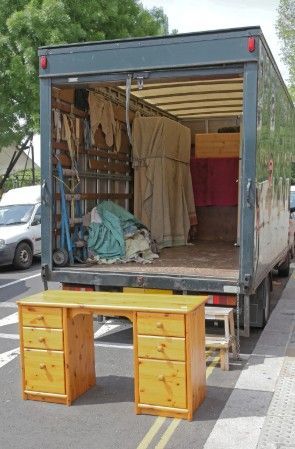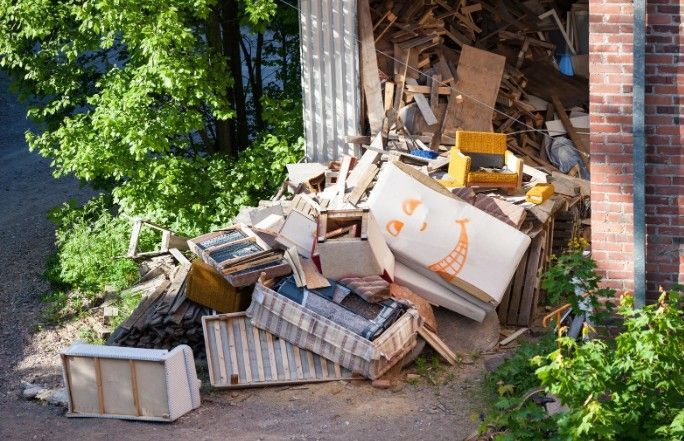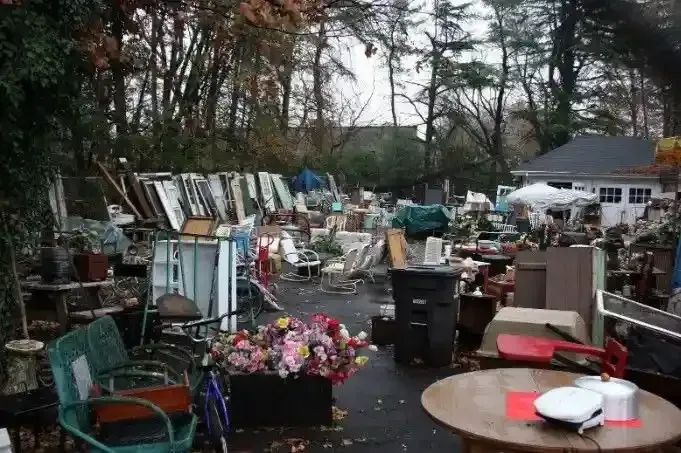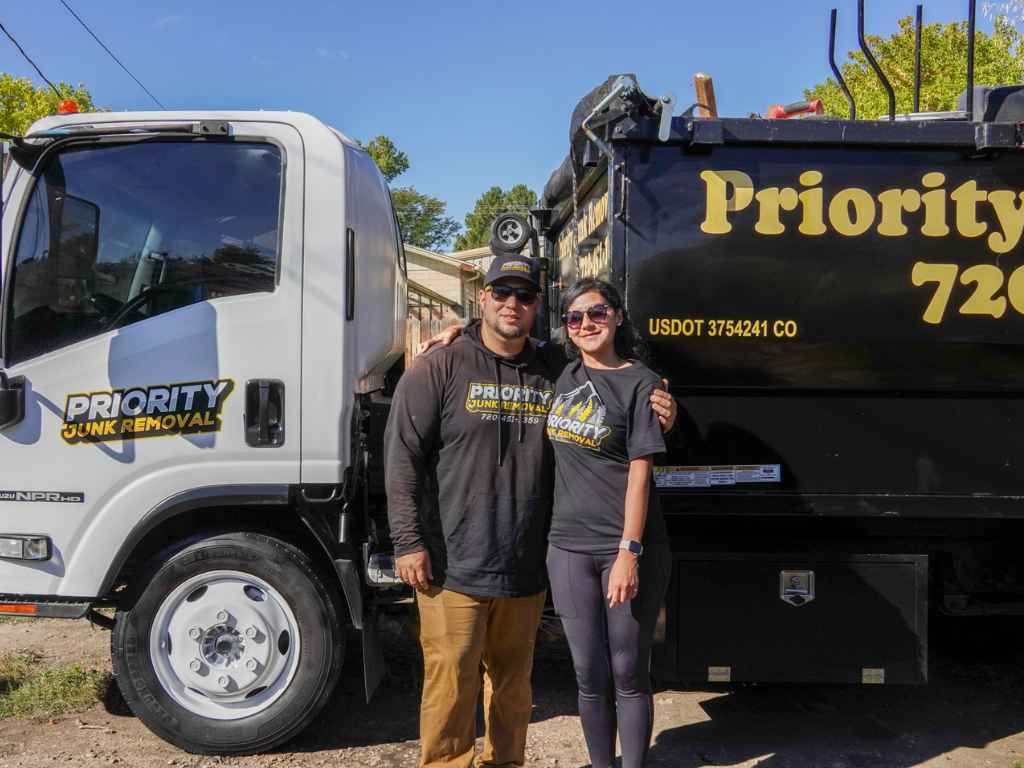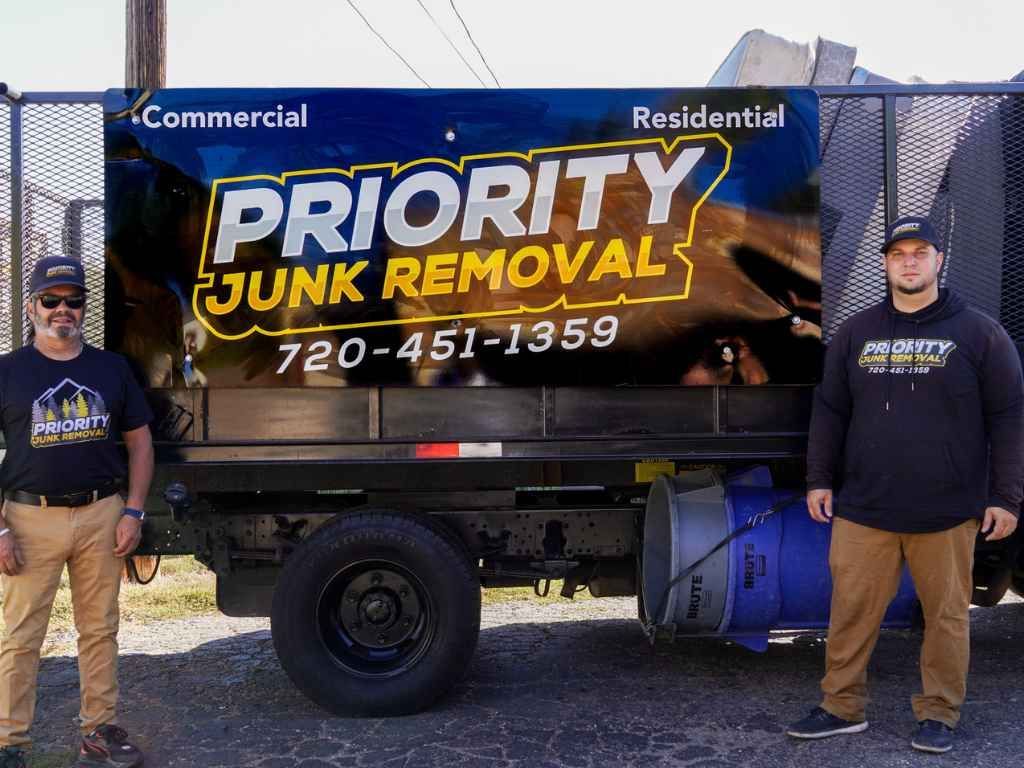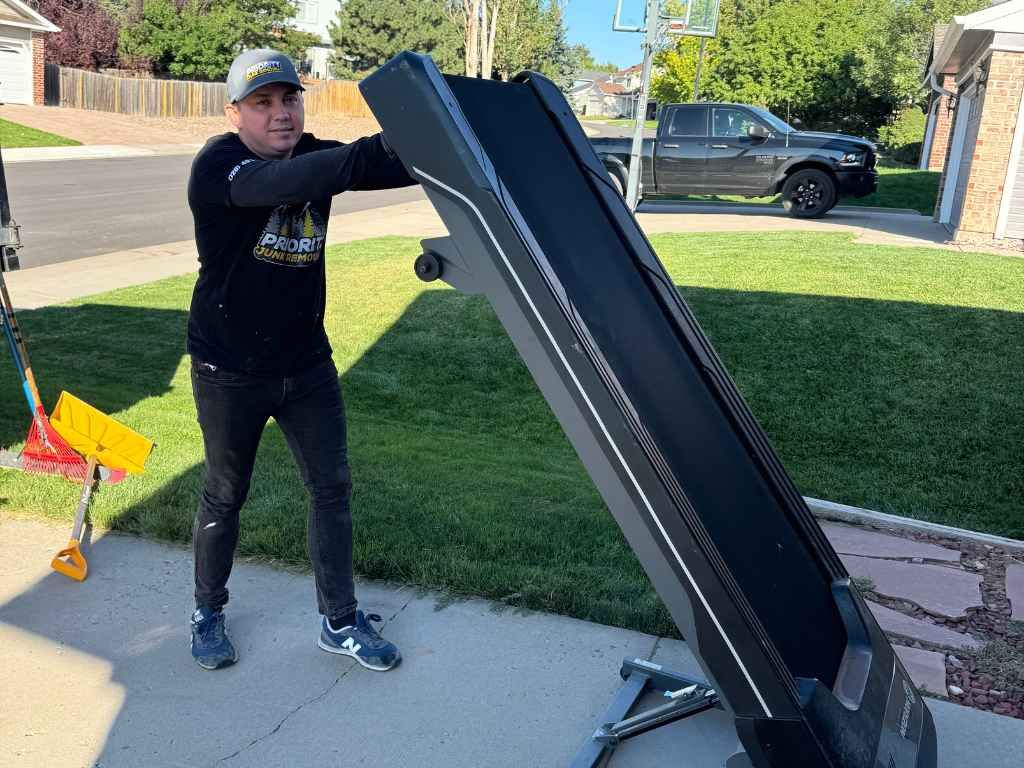Best Practices for Recycling During Junk Removal
Recycling during junk removal not only makes a positive impact on the environment but also provides an opportunity to responsibly dispose of unwanted items. With many people choosing junk removal services to declutter their homes or offices, it’s important to understand the best practices to ensure that recycling efforts are maximized throughout the process. Let’s take a deep dive into these best practices and explore the best ways to approach recycling during junk removal.
The Growing Need for Recycling in Junk Removal
Waste is inevitable in any junk removal project. Whether you’re decluttering your home, cleaning out an office, or undergoing a large renovation, the amount of junk that accumulates can be staggering. What makes the situation even more pressing is the staggering amount of waste that ends up in landfills each year. By recycling, we can divert a significant portion of this waste and breathe new life into materials that might otherwise be discarded.
Recycling is not only a way to manage waste effectively; it’s also a contribution to the planet’s health and longevity. However, junk removal is often misunderstood as simply hauling away old, unwanted items. There’s much more to it than that. Professional junk removal companies can play an essential role in promoting sustainable disposal practices by sorting and recycling materials correctly.
Recycling Matters in Junk Removal
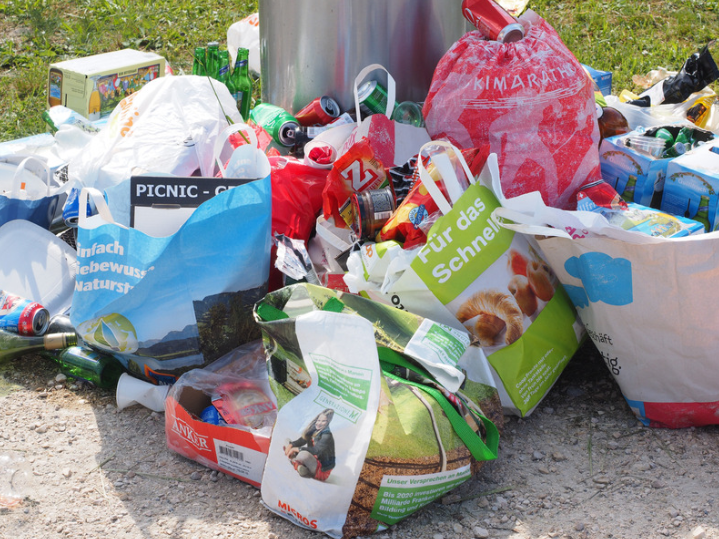
Recycling is much more than an environmentally friendly option; it’s a necessary step toward reducing resource depletion, cutting greenhouse gas emissions, and saving energy. In a world where overconsumption is increasingly common, recycling helps to close the loop on waste by reusing materials instead of producing new ones. For instance, recycling metals saves vast amounts of energy compared to mining and processing virgin materials.
Recycling paper reduces the need for new wood pulp, protecting forests. And when you recycle electronics, you can help prevent toxic materials like mercury and lead from contaminating landfills. These are only a few examples of the positive impact recycling has on our planet’s future. As you embark on a junk removal project, integrating recycling best practices ensures that your efforts support sustainability and help build a cleaner, greener environment for everyone.
Understand What Can Be Recycled
One of the first steps to responsible junk removal is understanding what can and cannot be recycled. Many people mistakenly believe that anything can be thrown into a recycling bin, but the truth is that there are strict guidelines for materials to be recyclable. Familiarizing yourself with these materials is critical for ensuring the success of your recycling efforts.
- Metals: Both ferrous and non-ferrous metals can typically be recycled. Common examples include aluminum cans, copper wiring, steel, and brass.
- Paper and Cardboard: These materials are usually accepted by recycling centers. Ensure they are clean and free from contaminants like food stains or grease.
- Glass: Most types of glass bottles and jars can be recycled, though some types (e.g., mirrors, light bulbs, and window glass) may require special disposal.
- Plastics: While many plastics are recyclable, not all of them are. Plastic containers, bottles, and jugs are commonly accepted, but check the recycling symbols to confirm whether the item can be processed.
- Electronics: E-waste like computers, phones, and TVs should not be thrown in the trash. Many junk removal services offer specialized recycling for electronic devices.
Sort and Separate Your Junk
Sorting your junk is a crucial step in the recycling process. Not everything you toss out can be grouped together and expected to be sorted properly afterward. A junk removal company that prioritizes recycling will take the time to separate items into specific categories like paper, plastic, glass, and metal to ensure that each material is sent to the right recycling facility.
This helps prevent contamination and increases the chances that the materials can be properly processed and reused. You can get a head start by sorting your junk at home. Begin by creating separate piles for cardboard, newspapers, old magazines, plastic bottles, glass containers, and other recyclables. Keep a few labeled bins or boxes handy to make this process easier.
Donate Before You Toss
Not everything you plan to dispose of needs to be recycled or thrown away—some items are still in good condition and can benefit others. Donating is a powerful way to reduce waste and extend the life of useful items. Furniture, clothing, electronics, appliances, and even toys are often welcomed by local thrift stores, shelters, and charitable organizations. Instead of sending these items to a landfill, give them a second life through donation.
If you’re not sure where to donate, check with local donation centers, churches, or community outreach programs. Many organizations accept gently used furniture and household items, either to resell and fund their services or to provide directly to people in need. This approach reduces overall waste, supports your community, and ensures that valuable resources don’t go to waste.
Choose a Junk Removal Company That Prioritizes Sustainability
When it comes to junk removal, not all companies are created equal. Choosing a company that emphasizes sustainable practices and responsible disposal is key to minimizing environmental impact. Look for a junk removal service that actively sorts recyclable materials, salvages reusable items, and disposes of waste in compliance with local environmental regulations. Companies that partner with recycling facilities or charitable organizations are more likely to handle your junk responsibly.
Transparency is important. A trustworthy junk removal company will clearly outline its recycling and disposal practices. They should be able to tell you how much of your junk will be recycled, donated, or properly disposed of. Some eco-friendly companies even go the extra mile by providing detailed reports about their recycling efforts.
Understand the Local Recycling Guidelines
Recycling rules and guidelines are not universal—they vary by city and state. Before scheduling a junk removal service, it’s important to familiarize yourself with the local recycling regulations in your area. Some cities have specific rules about what can and cannot be recycled, and certain materials—like batteries or electronics—might require special handling. Understanding these guidelines ensures that you’re disposing of your junk in compliance with local standards.
For example, some municipalities accept glass and plastic in the same bin, while others require them to be separated. Similarly, electronics and hazardous materials may need to be dropped off at a designated recycling center rather than mixed in with regular trash. By researching these details ahead of time, you’ll avoid fines, reduce the risk of contaminating recyclables, and make the junk removal process more efficient. Knowledge is power when it comes to responsible recycling.
Repurpose When Possible
Before you toss something in the recycling bin or trash, consider whether it could have a second life through repurposing. Old furniture, for example, can often be sanded, painted, or reassembled into something new. A worn-out wooden chair could become a charming plant stand, or an old dresser could be transformed into a stylish bathroom vanity. The possibilities are endless when you apply a little creativity.
Repurposing not only reduces waste but also gives you the chance to create unique, one-of-a-kind pieces for your home. If you’re not feeling particularly crafty, you can find inspiration from online upcycling communities or local DIY workshops. Many junk removal companies also have partnerships with repurposing programs, so they may be able to direct you toward resources or even donate certain items on your behalf.
Shred Documents Properly
If you’re dealing with old paperwork, bank statements, or sensitive documents, simply throwing them out isn’t enough. Shredding is essential to protect your privacy and prevent identity theft. Personal information left on discarded documents can easily be misused if it falls into the wrong hands.
Junk removal companies that offer document shredding services provide a secure way to dispose of sensitive information. Investing in a personal shredder or using a professional shredding service ensures that your data remains protected. Shredded paper can often be recycled, but it’s important to check local guidelines since not all recycling programs accept shredded material.
Be Aware of Hazardous Materials
Hazardous materials like paint, pesticides, cleaning chemicals, and motor oil require special handling and disposal. These substances can pose a significant environmental threat if not disposed of correctly. When you’re cleaning out a garage, shed, or basement, set aside any containers of hazardous materials and contact your local recycling or waste management facility for guidance.
Many junk removal companies can handle hazardous materials, but it’s important to notify them in advance. They may have special protocols or partnerships with hazardous waste disposal facilities to ensure safe handling. If your junk removal company doesn’t accept certain hazardous items, they can usually provide resources or recommendations for proper disposal.
Conclusion
Recycling during junk removal is a valuable and responsible approach to managing waste. By understanding what can be recycled, sorting items before removal, donating reusable goods, and working with a junk removal company that values sustainability, you can ensure that your junk removal efforts contribute to a cleaner planet. Incorporating recycling into your junk removal process is not just about reducing waste, it’s also about making a positive impact on the environment.
By following the best practices outlined here, you will play a crucial role in reducing the environmental footprint of junk removal services and create a greener, more sustainable future. For those looking for a professional junk removal service that offers environmentally conscious recycling practices, consider contacting Priority Junk Removal. Based in Littleton, Colorado, their services are designed to help you clean up your space while protecting the planet. You can reach them at 720-451-1359 or email priorityjunkremoval@gmail.com.

